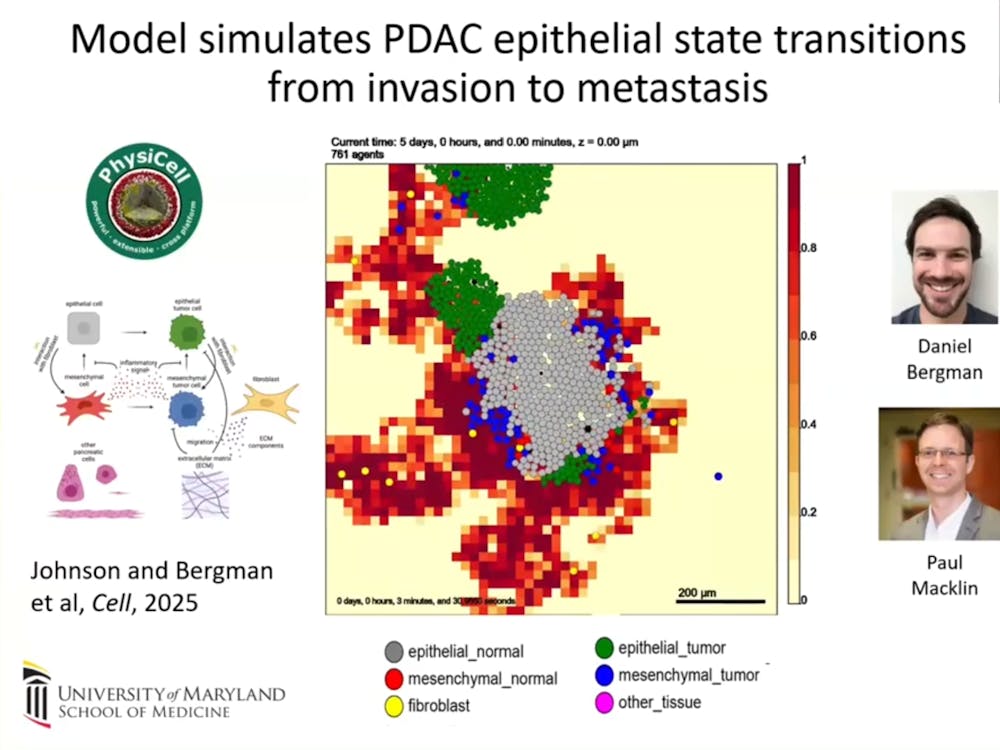A new study has found that certain species may be more intelligent because of their diet. The discovery has thrown into question the scientific consensus that a species’ sociality determines its intelligence.
The scientific community considers primates to be some of the most intelligent animals. Their use of tools and complex cognition sets them apart. Their intelligence and resourcefulness is attributed to their large brains.
For many years, the social brain hypothesis, which states that humans and other primates have big brains because they live in social communities, dictated how scientists thought about evolution and the primate brain.
The social brain hypothesis suggests that the extreme social pressures and complexity of relationships that primates experience ultimately lead to their bigger brains.
Although some studies have shown that primates living in larger group sizes (thus having more complex social settings) have larger brains, other studies that observed how different social structures affect primate brain size have yielded different conclusions,and the accuracy of the social brain hypothesis has been questioned.
But if sociality does not drive the characteristic big-brained evolution of primates, then what does?
Recent findings by a group of anthropologists at New York University (NYU) may provide an answer. Their results, soon to be published in the journal Nature Ecology & Evolution, show that both human and non-human primate brain evolution is mainly influenced by diet.
The researcher team, led by NYU doctoral candidate Alexandra DeCasien and Assistant Professor of Anthropology Scott Williams, conducted a study more extensive than any previous study done on primate brain size. They examined more than 140 primate species, over three times as many as used in previous studies, and included some of the most recent phylogenies (branches in the evolutionary tree).
They tested food consumption and measures of sociality across each of these species, looking at folivores (leaf-eating species), frugivores (fruit-eating species), frugivores/folivores (leaf- and fruit-eating species) and omnivores (leaf-, fruit- and meat-eating species). They examined these groups in the context of varied group sizes, social structures and mating systems.
After controlling for body size and phylogeny, the researchers found that frugivores, frugivores/folivores and omnivores have significantly larger brains than folivores, with frugivores having slightly larger brains than omnivores. Contrary to the social brain hypothesis, sociality does not affect brain size as much as diet does.
The average Hopkins students may be tempted to run to the supermarket and buy food high in protein, but it is not that simple. The researchers at NYU explain that their results do not apply to diet change on an individual level.
That is, there is no association between brain size and the consumption of fruit or protein on an intra-species level. Therefore, eating more fruit and protein as an individual will not increase one’s brain size.
Instead, the evidence they have found is relevant to inter-species diet differences. The fact that some species of primates have larger brains can be explained by the cognitive complexity required by certain species to obtain the foods that they generally eat.
For example, lead author DeCasien explains that fruit is less common than leaves because it is grows seasonally.
Therefore, primate species that eat fruit often have to maneuver in tricky places and then strategically remove protective shells or skins.
“Together, these factors may lead to the need for relatively greater cognitive complexity and flexibility in frugivorous species,” she said in a press release.
Although we may not be able to become more intelligent simply by changing our diets, this study has important implications in the fields of anthropology and ecology. Not only does it credibly disprove the long-standing social brain theory, but it also revolutionizes the way scientists will study and view evolution and the brain.





